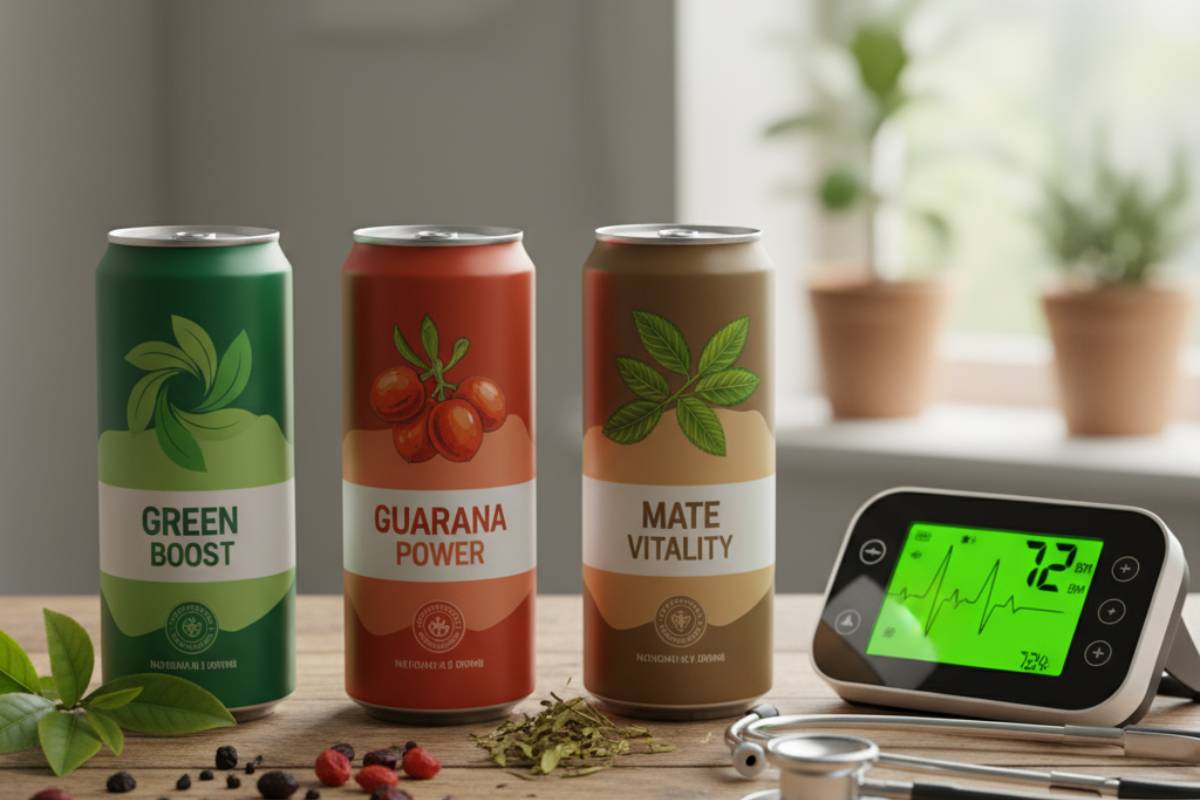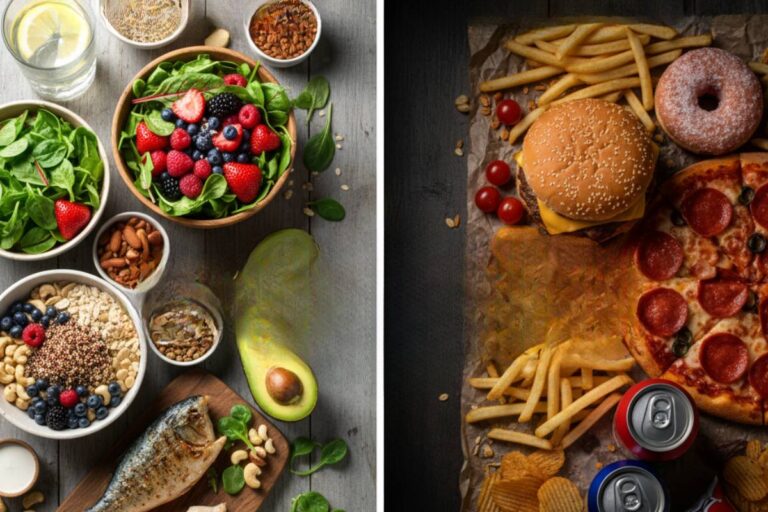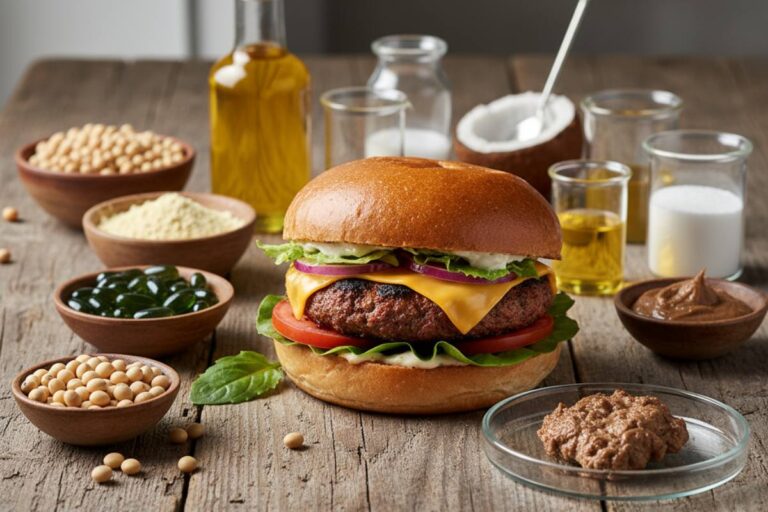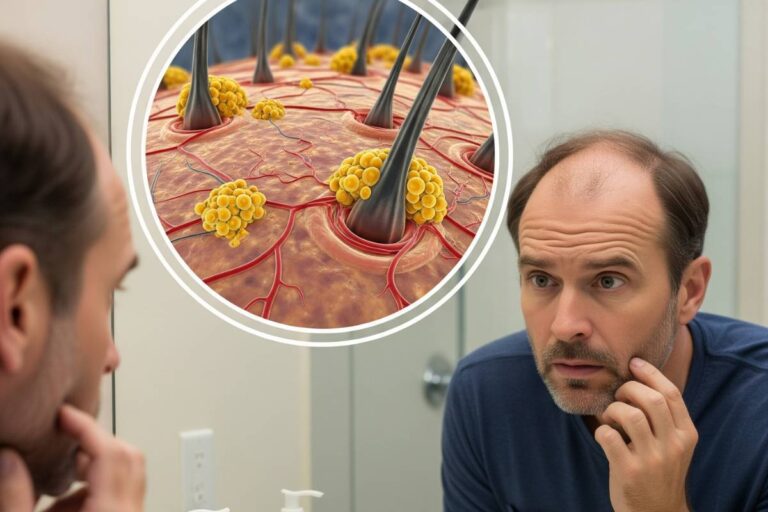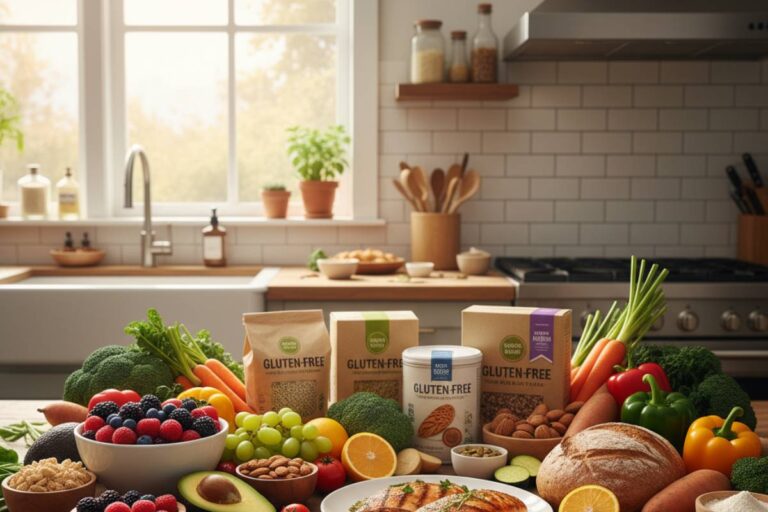The energy drink business promises people a quick fix, but is “natural” really better? Global sales of energy drinks are now over $7 billion a year, and more and more health-conscious people are choosing products that are marketed as “clean” or “organic.” These drinks say they get their caffeine from plants like green tea, guarana, and guayusa instead of man-made ones. But experts say that when it comes to heart health, “natural” doesn’t always mean “safer.”
The Natural Energy Boom
Health trends are causing changes in the energy drink market that have never happened before. People want clear information, organic ingredients, and what companies call “clean energy.” Green coffee extract, yerba mate, and ashwagandha are just a few of the natural energy drink ingredients that promise more than just a boost of energy.
But here’s the thing: your body processes caffeine the same way whether it comes from a coffee bean or a lab. Dr. Anna Svatikova from the Mayo Clinic says that natural sources of caffeine may also have other bioactive compounds, like polyphenols and antioxidants, but the main effects stay the same.
Blood Pressure: The Risk You Don’t See
Research shows worrying trends. Energy drinks, no matter how “natural” they claim to be, can quickly raise blood pressure in both healthy people and people who already have health problems. Studies show that stress hormones go up by about 70% after drinking just one energy drink.
The mechanism is simple but worrisome. Caffeine stops adenosine receptors in the brain from working, which starts a chain reaction that makes neurons fire more and releases adrenaline. This process makes blood vessels smaller and raises systolic and diastolic pressure for up to four hours or more.
Natural energy drinks with 80 to 260 mg of caffeine per serving can have the same effects on the heart and blood vessels. A regular 8-ounce Red Bull has 80mg of caffeine, but some natural options, like green tea extract, have 150mg or more.
The Debate: Synthetic vs. Natural
Marketing teams love to talk about “natural” caffeine, but the science is more complicated. There are some benefits to getting caffeine from natural sources like green tea. The caffeine in green tea attaches to antioxidants, which makes the body absorb it more slowly and release energy more steadily, without the big crash that comes with synthetic versions.
L-theanine is an amino acid that is naturally present in tea leaves. It works against the jittery effects of caffeine. This mix can give you energy without the shakes that synthetic caffeine often causes. But these benefits don’t completely get rid of the risks to the heart.
Chinese pharmaceutical companies make synthetic caffeine, which absorbs quickly and gives you energy faster, but it also makes you crash faster. This cheaper, lab-made alternative is what most regular energy drinks use.
New Worries Arise Due to Ingredient Complexity
Caffeine isn’t the only thing that natural energy drinks have. They often have a mix of stimulants that can make the effects stronger. When taurine, an amino acid, is mixed with caffeine, it can make caffeine’s effects on heart rate and blood pressure stronger. Guarana adds more caffeine than manufacturers may not clearly label, which increases the total amount of stimulants.
Dr. Svatikova says that the combination of several stimulants, not just caffeine, is what makes safety a concern. She says that even natural ingredients can have a “synergistic effect” that makes the heart work harder.
Real Sugar vs. Fake Sugar
Natural energy drinks have a problem with sweetening. To appeal to health-conscious customers, many brands lower the amount of sugar in their products and use artificial sweeteners or sugar alcohols instead. This does take care of calorie concerns, but studies show that artificial sweeteners may also be bad for your heart.
Some “natural” choices use fruit juices to sweeten, but this can add 10 grams of sugar per can, which is 40% of the daily sugar limit for women. Blood pressure spikes and long-term metabolic problems are caused by high sugar levels.
Who Should Not Drink These?
Energy drinks are more dangerous for some groups of people, even if they are made with natural ingredients. Energy drinks should be avoided completely by:
- Pregnant women
- People with heart problems
- People taking certain medications
Kids and teens are especially at risk. The American Academy of Pediatrics says that there is no safe amount of caffeine for kids and teens. But natural energy drinks often target younger people with flavors that appeal to them and marketing that promotes health.
Energy drink stimulants can be very dangerous for people who take antidepressants, anti-anxiety medications, or blood thinners. When combined with prescription drugs, “natural” doesn’t always mean safe.
The Dehydration Factor
Natural energy drinks have another bad thing in common with regular ones: they can make you more dehydrated. Dr. Svatikova says that even though these drinks are marketed as hydrating, caffeine makes you urinate more, which means they have a “net dehydrating effect.”
Athletes who drink natural energy drinks to boost their performance may accidentally make themselves less hydrated when they need it the most. This puts more stress on the heart and blood vessels when you exercise.
Effects on Health in the Long Run
New studies show that drinking energy drinks regularly, whether they are natural or not, may:
- Make arteries stiffer
- Make insulin less effective
- Causes long-term high blood pressure
Some natural ingredients can be dangerous on their own. For example, drinking yerba mate regularly over time has been linked to a higher risk of cancer, especially when combined with drinking alcohol or smoking.
The liver and kidneys have to work harder when they have to deal with high levels of stimulants and other bioactive compounds in these drinks. The long-term effects of newer natural ingredients like guayusa and ashwagandha are still mostly unknown when they are mixed with energy drinks.
Safer Ways to Get Natural Energy
Experts say that instead of quick fixes, we should focus on long-term energy solutions:
- Getting enough sleep
- Exercising regularly
- Drinking enough water
When you need caffeine, plain coffee or green tea are better choices than energy drinks, which have worrying combinations of additives.
If you want a natural boost, small amounts of dark chocolate, which has natural caffeine and good flavonoids, may give you a gentler boost of energy. Foods high in B vitamins help your body use energy naturally, without the big ups and downs that come with energy drinks.
The Truth About Marketing
People want healthier options, and the natural energy drink industry takes advantage of that. But these drinks often have the same risks as regular energy drinks. Words like “clean energy” and “organic” make things sound safer than they really are.
There is still not much regulatory oversight. The FDA doesn’t make energy drink makers tell people exactly how much caffeine is in their drinks, which makes it hard for people to make smart choices. Natural ingredients can have very different levels of strength, which can cause effects to be different from batch to batch.
The Bottom Line for Customers
Natural energy drinks may be better than synthetic ones in some ways, such as:
- How well they are absorbed
- How many antioxidants do they have
- How few artificial additives they have
But they still pose serious risks to the heart and blood vessels, especially for people who use them often or who have health problems that make them more likely to have heart problems.
The rise in blood pressure, heart rate, and hormone levels that comes with energy drinks stays the same no matter where the ingredients come from. Healthy adults may not be harmed right away by using it every once in a while, but the long-term effects of regular use are still worrying.
Before you grab an energy drink, whether it’s natural or not, think about whether the short-term boost in energy is worth the possible stress on your heart. For most people, traditional ways of keeping energy levels up are safer and last longer.
The idea of natural energy drinks sounds good because we want to make healthier choices, but science says that the source of the stimulants doesn’t matter as much as how they affect our bodies when they are all together. Just because something is natural doesn’t mean it’s safe, especially if you eat it a lot or in large amounts.








